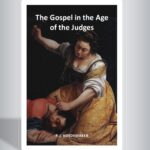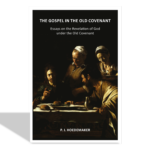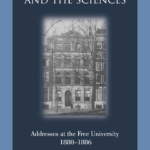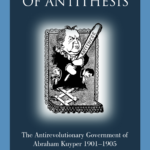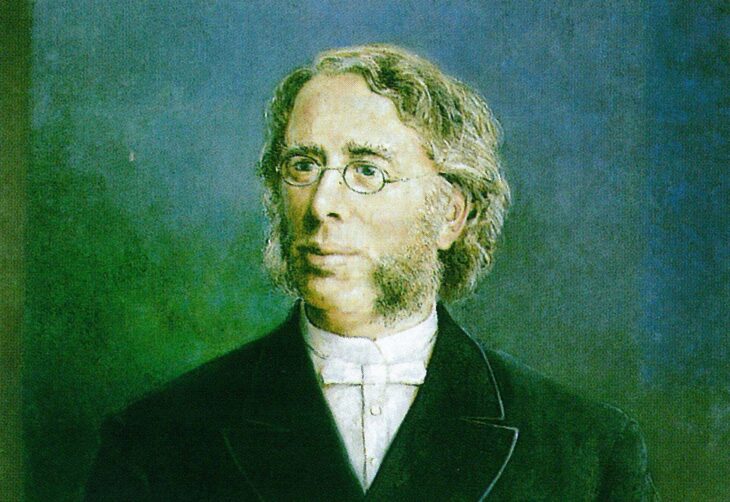
Dr. P. J. Hoedemaker (1839–1910) was a Dutch Reformed pastor, theologian, and one of the original professors at the Free University, who championed the right of the public church and the “state with the Bible.” He developed his thought both in tandem with and in opposition to Dr. Abraham Kuyper, who led an exodus from the national church and championed the right of the liberal state. Hoedemaker continues to be a relevant figure, especially in this post-modern, post-liberal age.
The Gospel in the Age of the Judges
Contrary to the usual perception, the Age of the Judges constituted a major step forward in the program of salvation. For in it, judgment begins in the house of God (1 Peter 4: 17), a judgment which brings about mercy and redemption. What appear to be...
The Gospel in the Old Covenant
The essential continuity of Old and New Testaments is the burden of these studies in biblical theology. Highlights include the presence of God as triggering blessing or curse, and the essential harmony of judgment and salvation.
The Bible, Theology, and the Sciences
Addresses at the Free University, 1880–1886
Philippus Jacobus Hoedemaker
What is the relationship between science and Scripture? Is it, as so many believe, no relationship at all? But how could that be the case, if God indeed has spoken?
This q...
The Politics of Antithesis
The Antirevolutionary Government of Abraham Kuyper 1901–1905
P. J. Hoedemaker
On August 1st , 1901, a new government was installed in the Netherlands, formed by Antirevolutionary Party (ARP) leader Abraham Kuyper. The culmination of decades o...
Article 36 of the Belgic Confession Vindicated against Dr. Abraham Kuyper
To this day, Abraham Kuyper stands as a shining example of responsible and effective Christian action in all areas of life. A leading journalist, theologian, churchman, and politician in the late 19th and early 20th centuries, Kuyper effectuated, ...
Reformed Ecclesiology in an Age of Denominationalism
Once upon a time, the state shared the public square with the church. The central location of the church building in every European town is mute testimony to this state of affairs. But those days are long gone. Nowadays there is an implicit or explicit...
